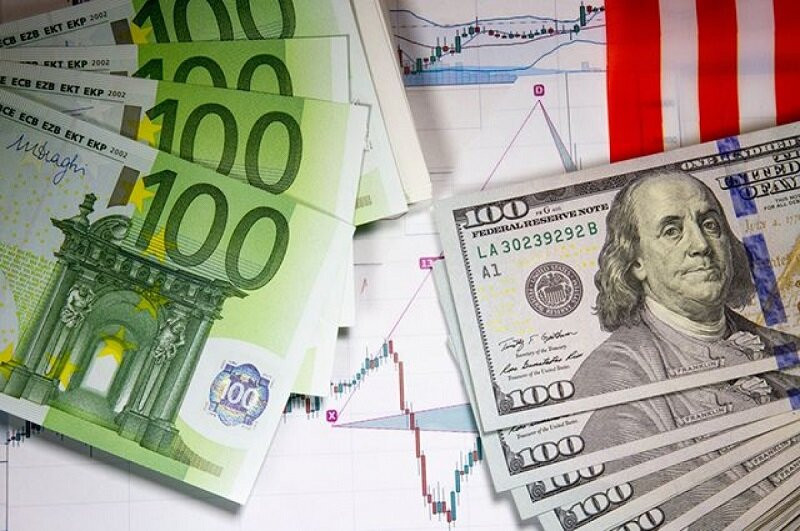
Many states that initially entered the race called "de-dollarization" were forced to reconsider their priorities. Experts believed that the euro could replace the US dollar in international settlements, however, this option turned out to be extremely unprofitable.
The American currency, despite periodic volatility, remains the market leader. To date, the lion's share of international payments is made in the United States currency. In the case of the transition to settlements in the European currency, the European economy may suffer, analysts are sure.
One of the advantages of "dollarization" for many countries in emerging markets is the payment of business contracts. Such a strategy is beneficial for Russia and a number of CIS countries, experts say. Moreover, the rejection of the dollar in settlements under business contracts threatens with the loss of a substantial share of profit. The reason for this is the high volatility of national currency rates.
Currently, the American currency is indirectly supported by most countries of the world, giving it preference in trading operations. However, analysts estimate that the United States economy is slowly slowing and could drag the dollar to the bottom. Despite the rather optimistic indicators of the recent report on employment and the labor market in the USA, the current state of the American market leaves much to be desired. At the moment, the annual rate is falling to a 12-month minimum, although the decline in unemployment is the lowest over the past half century, experts emphasize.
The European currency took advantage of a slight weakening of the US dollar. It is currently trading in the range 1.0965–1.0967. It can be noted that the euro has been actively strengthened over four of the five recent trading sessions. Experts explain this trend with weak data from the US, the sale of American currency and the expectation of a softening of the Fed's monetary policy. At the same time, experts consider the European currency to be oversold, which threatens the Euroblock economy with complications.
Paradoxical as it may sound, but a course toward de-dollarization can drive Europe into an economic impasse. A large-scale refusal of settlements in the American currency creates enormous risks for the European economy, experts emphasize. At present, the EU is one of the largest energy importers, for which it pays in US dollars. According to analysts, until a highly liquid oil benchmark has been created that is denominated in euros (that is, an indicator for assessing the market), payments for oil in the European currency are not only unprofitable, but also carry enormous risk.
If Europe refuses the dollar when paying for imports, in particular commodities, the euro should be strengthened. However, a strong national currency is disadvantageous to the Euroblock, experts say. Thus, strengthening the "European" will cause a significant blow to the income of European exporters, as goods produced in the eurozone will become more expensive and will lose competitiveness in the world market, experts conclude.





















